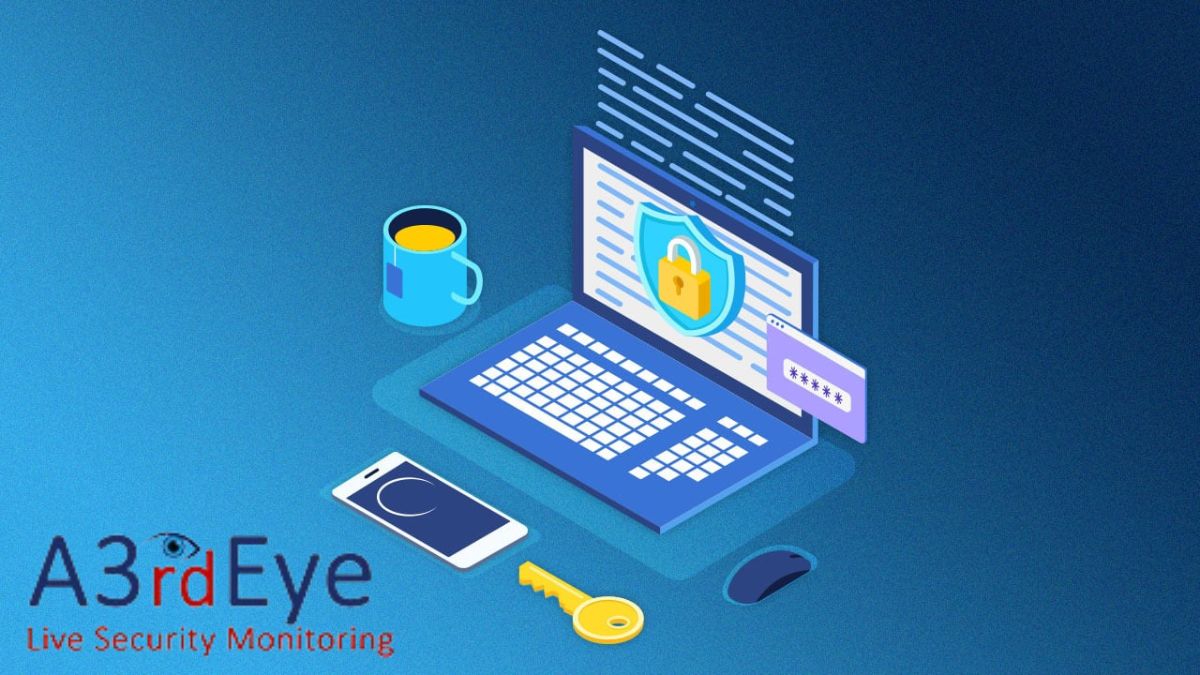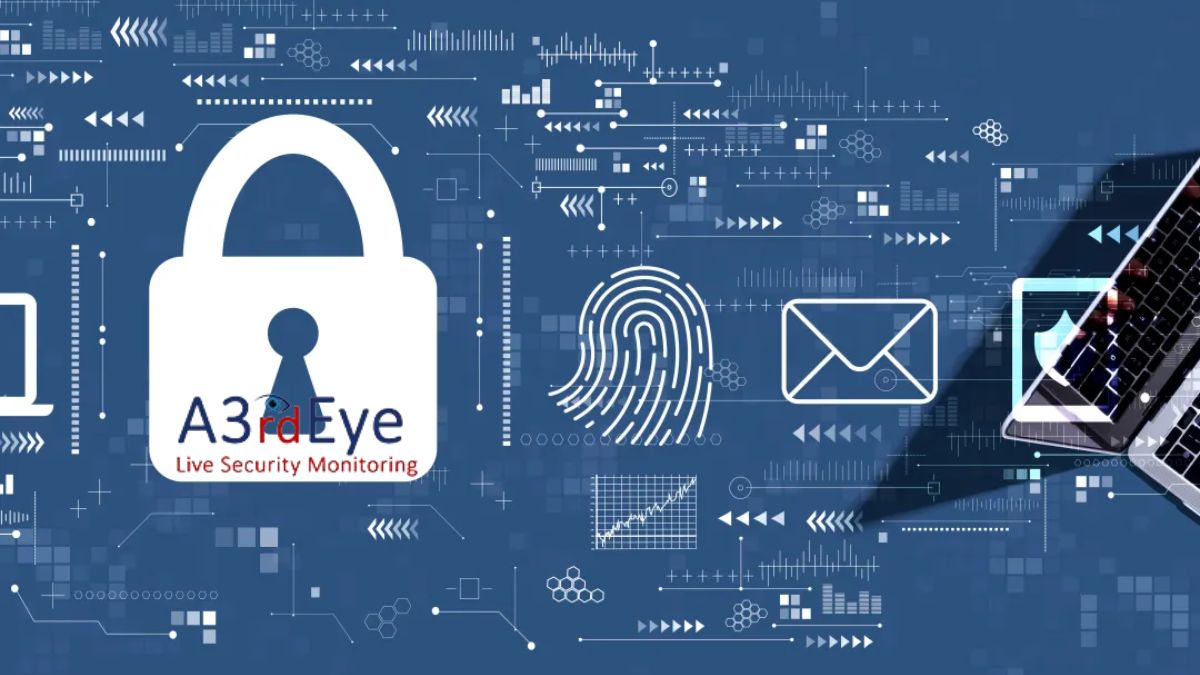
Just Secure: Ensuring Your Online Safety
Just Secure Ensuring Your Online Safety Protecting our digital identities is crucial, with so much of our daily lives occurring online. Today’s age offers unprecedented ease of use, but with that comes new dangers. As a society, we should welcome innovations that make our lives easier. Still, we should also be careful to safeguard our private information and online identities. “just secure” refers to adequate security without interfering with usability.
Recognising Cyber Dangers
Cyber dangers are prevalent in today’s digital landscape and can severely impact our daily lives. Cybercriminals are constantly developing new and innovative methods of operation, such as phishing assaults that prey on victims’ emotional vulnerabilities.
The Basics of Cyber Safety
It all starts with the fundamentals when it comes to online security. Passwords that are both difficult to guess and easy to remember are essential for keeping your accounts secure. Two-factor authentication (2FA) adds another degree of protection by necessitating a second verification step in addition to the primary login method.
How to Avoid Being Phished
The risk of being a victim of a phishing assault is still entirely accurate. These attacks frequently adopt the guise of trusted sources to trick consumers into giving over private information. Avoid falling for phishing scams by familiarising yourself with the telltale indications of this online fraud and taking extra precautions with any communications that come your way that you did not initiate.
Taking Safety Measures
The ubiquitousness of mobile devices has also made them an easy target for cybercriminals. Your mobile experience can be safer if you update your software frequently and use a trusted security program. It would help secure your home network and keep your gadgets from prying eyes.
Confidentiality in the Age of Social Media
The ripple effect of what we post online can be significant. Maintaining your privacy settings and not giving out unnecessary information is essential. What you put online can be utilised in many ways by evil people.
Online Transaction Security
While buying online has many advantages, it also puts us at risk. Keys to safe online purchasing include:
- Selecting reliable e-commerce platforms.
- Employing secure payment methods.
- Exercising caution when disclosing financial information.
VPNs and Secure Data Transfer
Encryption of data is crucial in protecting private data. Moreover, a Virtual Private Network (VPN) can further fortify your online safety by hiding your IP address and encrypting your data traffic.
Internet Safety for Kids
Children today are considered “digital natives” because of their early familiarity with the Internet. They can be kept safe when using the Internet if their activities are monitored, they are informed of the risks they face, and they must adhere to specific rules and regulations.
Cybersafety in the Workplace
The growing popularity of telecommuting has highlighted the importance of strict workplace cybersecurity policies. Employers must protect proprietary information and train their staff on best practices for working remotely.
Cybersecurity and New Technologies
Cybersecurity is an ever-evolving field, adapting to new threats as they emerge. Artificial intelligence is improving threat detection, and biometric authentication systems provide a safer alternative to passwords.
The Importance of People: Education and Awareness
When it comes to safety, technology alone isn’t enough. Programs for teaching people about cybersecurity and training them to think securely are essential. The best way to ensure the safety of our digital lives is to foster a community-wide understanding of cybersecurity issues.
Security and Convenience: Striking a Balance
Finding a happy medium between personal privacy and practicality can be challenging. Users must be aware of the implications of their sharing decisions to make the most of the increased agency afforded by data privacy legislation.
The Way Forward for Online Safety
There will be great opportunities and challenging obstacles in the future of online security. While quantum computing has the potential to change the encryption game completely, improvements in user authentication may soon make passwords obsolete.
Conclusion
Being “just secure” is an ongoing process in a technologically interdependent society. Your ability to successfully navigate the modern digital landscape depends on your familiarity with best cybersecurity practices, your willingness to adopt new technology, and the security-conscious mentality you cultivate.
FAQs
How can I set up a system of secure, easy-to-remember passwords?
Passphrases comprised of various letters, numbers, and symbols can be used to create secure passwords that are easy to remember.
If I suspect a phishing effort, what should I do?
Don’t open attachments or provide information if you receive an unsolicited email or suspicious message. Verify the message’s authenticity by contacting the putative sender through proper methods.
Does using a VPN impact my internet speed?
Using a virtual private network (VPN) will significantly slow down your connection speed owing to encryption; however, using a trustworthy VPN service can help alleviate this problem.
Is there any evidence that biometric authentication systems increase safety?
Because they are so difficult to forge, biometric identification technologies like fingerprint or face recognition offer better security than generic passwords.
How frequently should I check for software updates?
Regularly updating your device’s software is crucial because patches are typically included with updates to address previously discovered security flaws.

Just Secure Ensuring Your Online Safety

